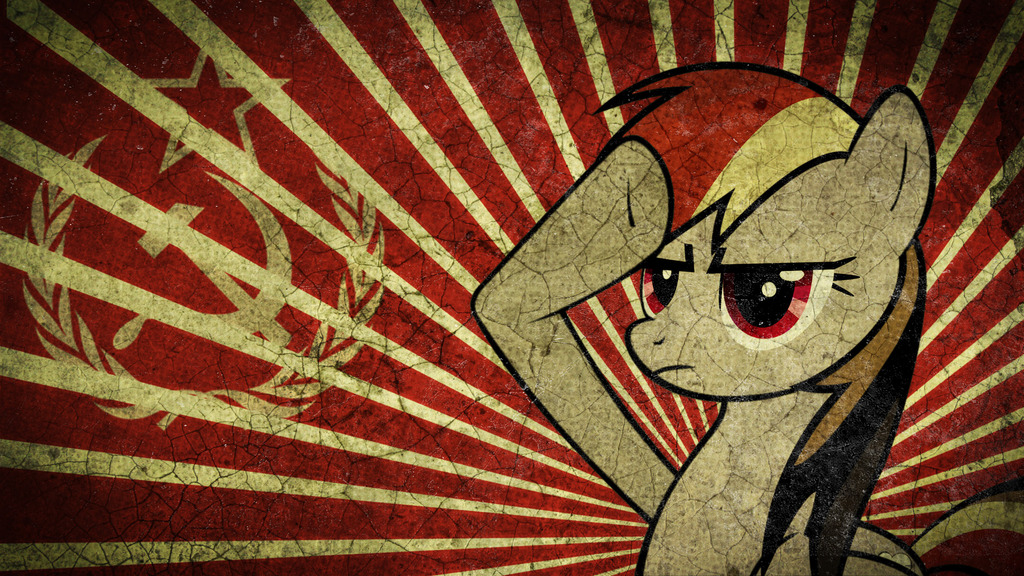I find it so disturbing and unnerving how, in famines that occurred in the socialist world, some people were in such an extreme situation that they had to resort to eating their own family members and friends. In particular, I heard this occurred during the Great Leap Forward, and the Soviet famines of the 1920s and 1930s.
What caused this to happen?
In soviet, lots of things happened. Firstly, famine was not uncommon in the first place. Countless deaths from famine was also the case before the October revolution. Just in the beginning of the1900’s there were famines in 1901, 1906 and 1911, and not long before that, there was a famine in 1891 which claimed 500k lives.
The collectivisation of agriculture often gets the blame for excessive deaths during the 1932 famine. It would be better to say that the landowners(Kulaks) reaction to the collectivisation caused excessive deaths. Millions of cattle and pigs were slaughtered and left to rot by the kulaks and crops were burned.
In spite of these sabotages, there were still farms that successfully collectivised and managed to meet the quota set during the famine. Even though Ukraine SSR have had had the infamous rumor of genocide against Ukraine during the famine, it was also here the reaction against collectivisation was strongest, and sabotages to food production destroyed around 50% of crops and cattle.
The famine was actually worse in Kazakhstan in terms of percentage of population. And there was never a claim of genocide taking place in this region. Guess not being a neighbor to the west isolated you somewhat to western propaganda.
Long text, might contain errors, so feel free to point out anything you see
Not to defend the anticommunists, who certainly contributed to the famine, but the causes of the 1930s famine were primarily environmental. Drought, infestations, and wheat rust had more devastating effects than the petty bourgeois terrorism.
Absolutely. I’m just in the habit of pointing out anticommunist causes due to the widespread belief that Stalin himself caused the famine.
Cannibalism under extreme scarcity has been a worldwide phenomenon since the dawn of time. Graeber has a chapter on it in debt. Some cultures even had systems where people, usually elderly or disabled people would volunteer themselves. It’s pretty depressing but it also shows the sacrifice that people are willing to make to keep their community alive, and would never happen in today’s individualised alienated capitalist societies. The alternative is the community dying so from a utilitarian perspective it’s an interesting ethical debate. We of course are now well beyond post scarcity, and in the modern day I’d argue for dying while fighting the rich for resources over genociding the elderly and disabled.
They also display this communal behaviour in Snowpiercer, a communist movie/book/tv, where people would sacrifice their limbs for food to keep others alive and the class struggle going.
The economies of those countries were centrally managed, which applied to food production as well. The management was bad, leading to mass starvation.




